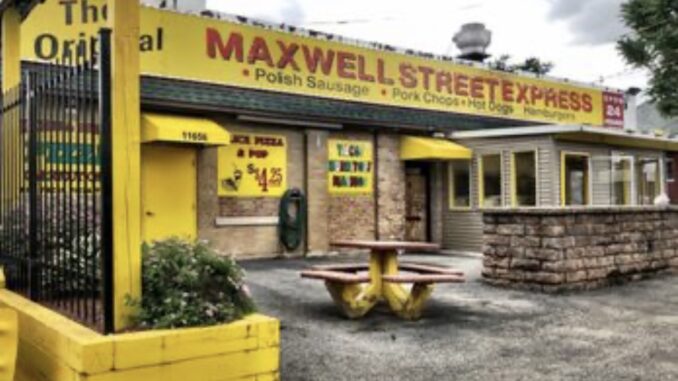
After a fatal shooting incident at a restaurant in Chicago’s West Pullman neighborhood on June 18, charges have been dropped against Carlisha Hood and her 14-year-old son. This decision was made by the State’s Attorney’s Office, which cited emerging evidence as the reason for their decision.
The incident had caused widespread shock and outrage, with many people initially calling for swift punishment for those involved. However, as more information came to light, it became clear that the situation was more complex than originally thought.
According to eyewitness accounts, a group of men had entered the restaurant and started harassing Hood and her son. The situation quickly escalated, and one of the men allegedly pulled out a gun and began firing. In response, Hood’s son had also pulled out a gun and returned fire, fatally shooting one of the men.
Initially, Both Hood and her son were charged with murder and facing significant jail time. However, as new evidence emerged, it appeared that they were acting in self-defense. This evidence included eyewitness accounts that supported the idea that Hood and her son were not the aggressors in the situation.
The decision to drop the charges against Hood and her son has been met with relief by many people in the community. However, it has also raised important questions about the issue of self-defense and gun ownership in communities that are experiencing high levels of violence.
While some people argue that everyone has the right to defend themselves and their families, others worry that widespread gun ownership could lead to even more violence and deadly confrontations. Finding a balance between these two viewpoints is a complex issue that will require cooperation and dialogue between community members, law enforcement, and policymakers.
In the meantime, the focus remains on the tragedy that occurred at the West Pullman restaurant on June 18. While Hood and her son are no longer facing jail time, a young man lost his life in a senseless act of violence. Our thoughts and prayers are with his family, as well as with Hood and her son as they try to move forward from this traumatic experience.